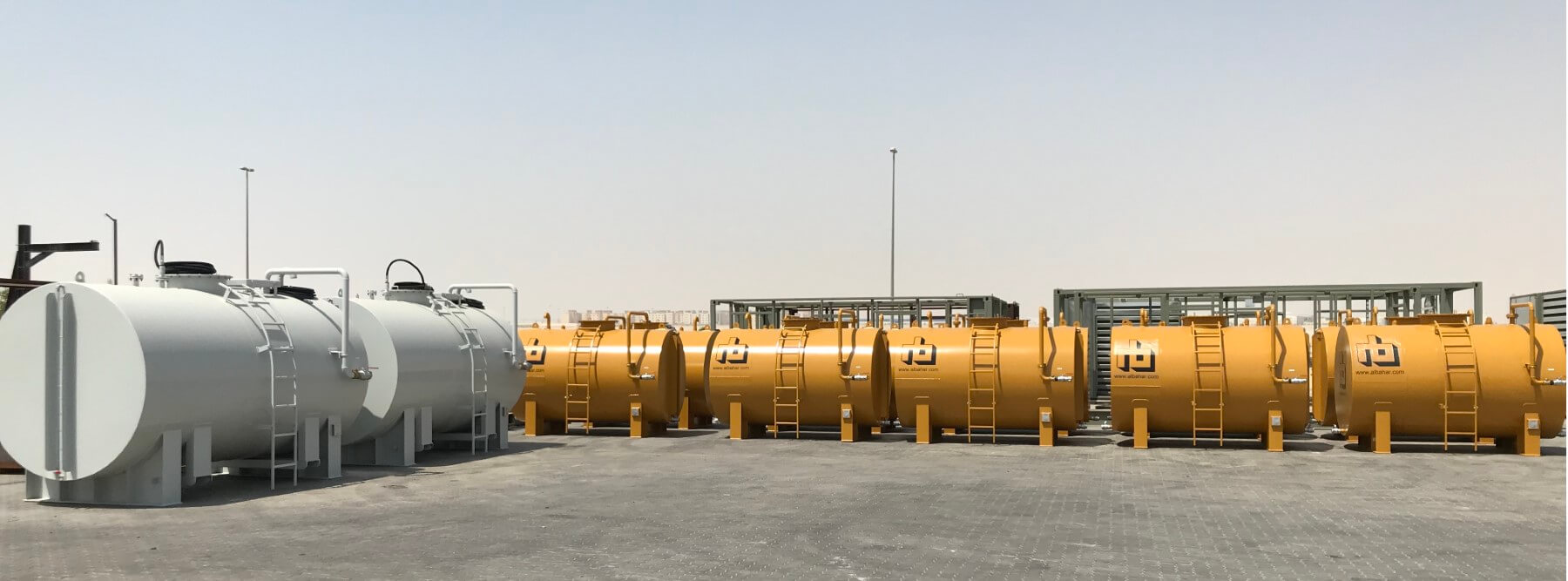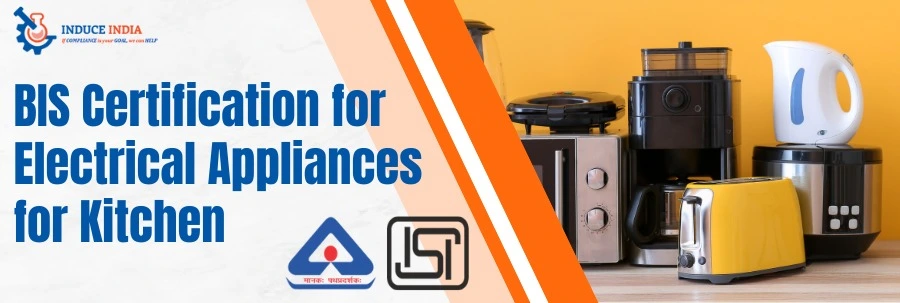Avoiding Penalties: Key Considerations for RCM and EESS Certification in Australia
Ensuring compliance with Australian electrical standards is crucial for manufacturers and importers of electrical products in Australia. Failure to meet these standards can result in severe penalties and even product recalls, leading to significant financial losses and damage to a company's reputation.
Obtaining RCM and EESS Certification
One key consideration for avoiding penalties in Australia is to obtain the necessary certifications, such as the Regulatory Compliance Mark (RCM) and the Electrical Equipment Safety System (EESS) certificates. These certifications demonstrate that your electrical products meet the minimum safety and quality standards required by Australian regulations.
To obtain the RCM certification, manufacturers and importers must ensure that their products comply with the relevant Australian standards and regulations. This includes testing the products for safety and electromagnetic compatibility, as well as ensuring that they are properly labeled with the RCM mark.
Similarly, obtaining EESS certification involves complying with the specific requirements set out by the Electrical Equipment Safety System. This includes registering your electrical products with the EESS database, ensuring that they meet the relevant electrical safety standards, and labeling them with the required information.
Penalties for Non-Compliance
Failure to obtain these certifications can result in significant penalties, including fines and product recalls. In addition to financial penalties, companies that fail to comply with Australian electrical standards may also face legal action, damage to their reputation, and loss of market share.
Staying Informed about Regulatory Changes
Another key consideration for avoiding penalties in Australia is to stay informed about any changes to the electrical standards and regulations. The Australian regulatory landscape is constantly evolving, with new standards and requirements being introduced regularly.
It is important for manufacturers and importers to stay up-to-date with these changes and ensure that their products are always in compliance with the latest regulations. This may involve investing in regular testing and certification processes to ensure that your products continue to meet the necessary safety and quality standards.
Maintaining Detailed Records of Compliance Efforts
In addition to obtaining the necessary certifications and staying informed about regulatory changes, it is also important for manufacturers and importers to maintain detailed records of their compliance efforts. This includes keeping copies of testing reports, certification documents, and any other relevant documentation.
Having thorough records of compliance efforts can help companies demonstrate their commitment to meeting the required standards in the event of an audit or investigation. It can also help companies identify and address any compliance issues quickly and effectively, reducing the risk of penalties.
Conclusion
In conclusion, avoiding penalties for non-compliance with Australian electrical standards requires a proactive approach to certification, staying informed about regulatory changes, and maintaining detailed records of compliance efforts. By following these key considerations, manufacturers and importers can ensure that their electrical products meet the necessary safety and quality standards, minimizing the risk of penalties and protecting their reputation in the Australian market. https://gkglobalservices.com.au/ce-compliance-approved-australia/
Ensuring compliance with Australian electrical standards is crucial for manufacturers and importers of electrical products in Australia. Failure to meet these standards can result in severe penalties and even product recalls, leading to significant financial losses and damage to a company's reputation.
Obtaining RCM and EESS Certification
One key consideration for avoiding penalties in Australia is to obtain the necessary certifications, such as the Regulatory Compliance Mark (RCM) and the Electrical Equipment Safety System (EESS) certificates. These certifications demonstrate that your electrical products meet the minimum safety and quality standards required by Australian regulations.
To obtain the RCM certification, manufacturers and importers must ensure that their products comply with the relevant Australian standards and regulations. This includes testing the products for safety and electromagnetic compatibility, as well as ensuring that they are properly labeled with the RCM mark.
Similarly, obtaining EESS certification involves complying with the specific requirements set out by the Electrical Equipment Safety System. This includes registering your electrical products with the EESS database, ensuring that they meet the relevant electrical safety standards, and labeling them with the required information.
Penalties for Non-Compliance
Failure to obtain these certifications can result in significant penalties, including fines and product recalls. In addition to financial penalties, companies that fail to comply with Australian electrical standards may also face legal action, damage to their reputation, and loss of market share.
Staying Informed about Regulatory Changes
Another key consideration for avoiding penalties in Australia is to stay informed about any changes to the electrical standards and regulations. The Australian regulatory landscape is constantly evolving, with new standards and requirements being introduced regularly.
It is important for manufacturers and importers to stay up-to-date with these changes and ensure that their products are always in compliance with the latest regulations. This may involve investing in regular testing and certification processes to ensure that your products continue to meet the necessary safety and quality standards.
Maintaining Detailed Records of Compliance Efforts
In addition to obtaining the necessary certifications and staying informed about regulatory changes, it is also important for manufacturers and importers to maintain detailed records of their compliance efforts. This includes keeping copies of testing reports, certification documents, and any other relevant documentation.
Having thorough records of compliance efforts can help companies demonstrate their commitment to meeting the required standards in the event of an audit or investigation. It can also help companies identify and address any compliance issues quickly and effectively, reducing the risk of penalties.
Conclusion
In conclusion, avoiding penalties for non-compliance with Australian electrical standards requires a proactive approach to certification, staying informed about regulatory changes, and maintaining detailed records of compliance efforts. By following these key considerations, manufacturers and importers can ensure that their electrical products meet the necessary safety and quality standards, minimizing the risk of penalties and protecting their reputation in the Australian market. https://gkglobalservices.com.au/ce-compliance-approved-australia/
Avoiding Penalties: Key Considerations for RCM and EESS Certification in Australia
Ensuring compliance with Australian electrical standards is crucial for manufacturers and importers of electrical products in Australia. Failure to meet these standards can result in severe penalties and even product recalls, leading to significant financial losses and damage to a company's reputation.
Obtaining RCM and EESS Certification
One key consideration for avoiding penalties in Australia is to obtain the necessary certifications, such as the Regulatory Compliance Mark (RCM) and the Electrical Equipment Safety System (EESS) certificates. These certifications demonstrate that your electrical products meet the minimum safety and quality standards required by Australian regulations.
To obtain the RCM certification, manufacturers and importers must ensure that their products comply with the relevant Australian standards and regulations. This includes testing the products for safety and electromagnetic compatibility, as well as ensuring that they are properly labeled with the RCM mark.
Similarly, obtaining EESS certification involves complying with the specific requirements set out by the Electrical Equipment Safety System. This includes registering your electrical products with the EESS database, ensuring that they meet the relevant electrical safety standards, and labeling them with the required information.
Penalties for Non-Compliance
Failure to obtain these certifications can result in significant penalties, including fines and product recalls. In addition to financial penalties, companies that fail to comply with Australian electrical standards may also face legal action, damage to their reputation, and loss of market share.
Staying Informed about Regulatory Changes
Another key consideration for avoiding penalties in Australia is to stay informed about any changes to the electrical standards and regulations. The Australian regulatory landscape is constantly evolving, with new standards and requirements being introduced regularly.
It is important for manufacturers and importers to stay up-to-date with these changes and ensure that their products are always in compliance with the latest regulations. This may involve investing in regular testing and certification processes to ensure that your products continue to meet the necessary safety and quality standards.
Maintaining Detailed Records of Compliance Efforts
In addition to obtaining the necessary certifications and staying informed about regulatory changes, it is also important for manufacturers and importers to maintain detailed records of their compliance efforts. This includes keeping copies of testing reports, certification documents, and any other relevant documentation.
Having thorough records of compliance efforts can help companies demonstrate their commitment to meeting the required standards in the event of an audit or investigation. It can also help companies identify and address any compliance issues quickly and effectively, reducing the risk of penalties.
Conclusion
In conclusion, avoiding penalties for non-compliance with Australian electrical standards requires a proactive approach to certification, staying informed about regulatory changes, and maintaining detailed records of compliance efforts. By following these key considerations, manufacturers and importers can ensure that their electrical products meet the necessary safety and quality standards, minimizing the risk of penalties and protecting their reputation in the Australian market. https://gkglobalservices.com.au/ce-compliance-approved-australia/
0 Comments
0 Shares
412 Views
0 Reviews









